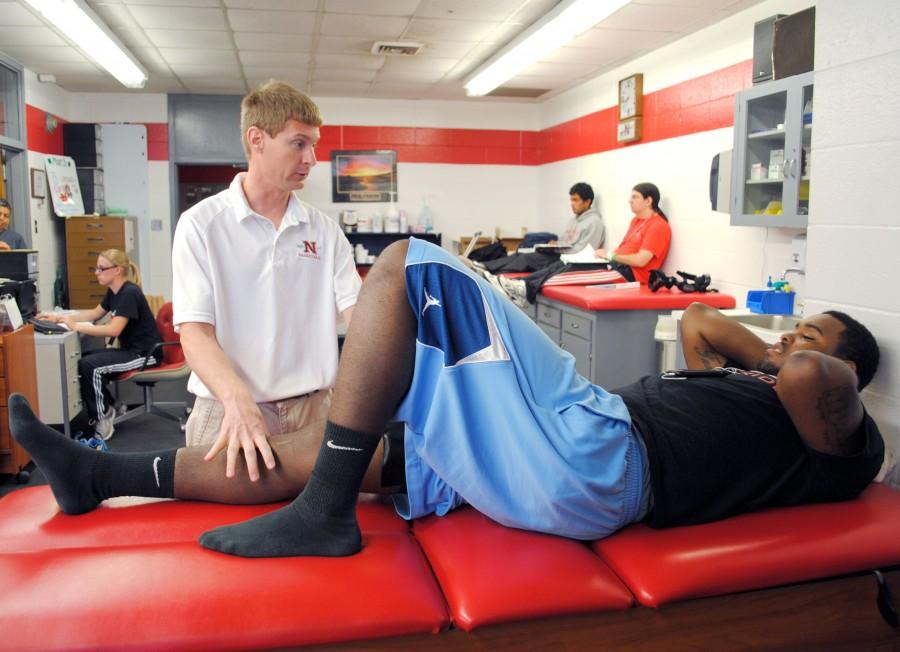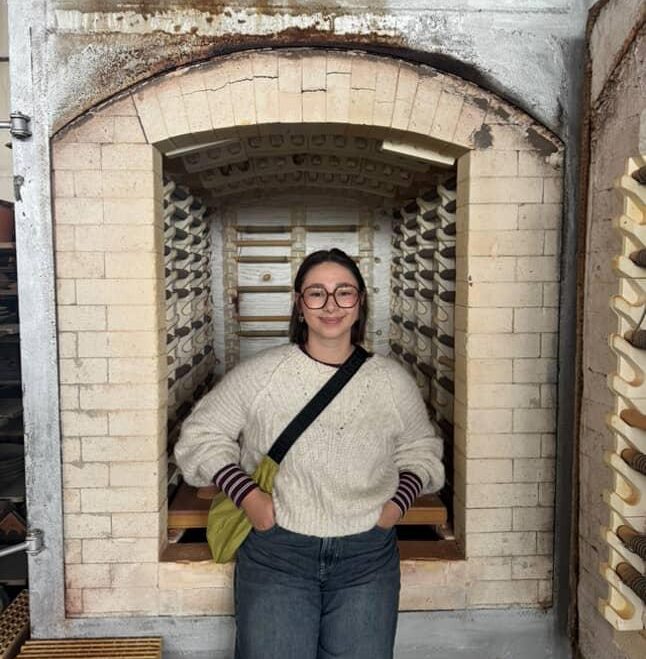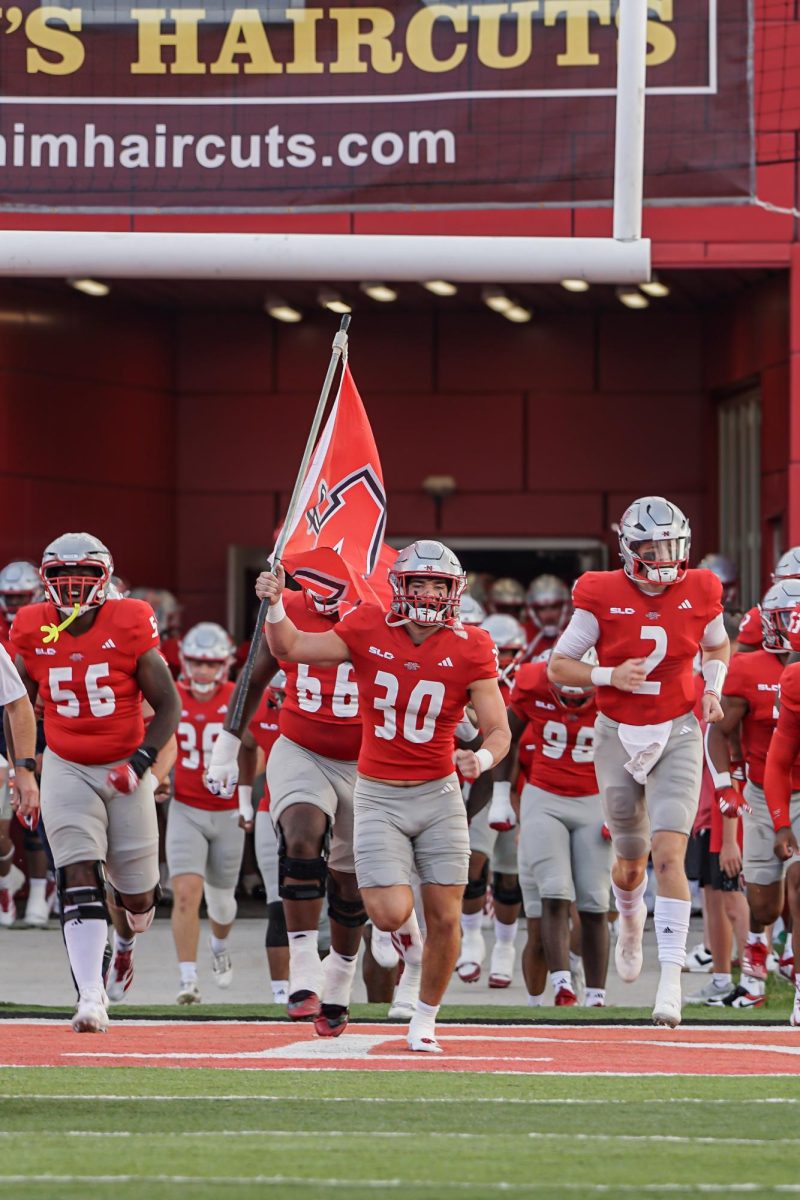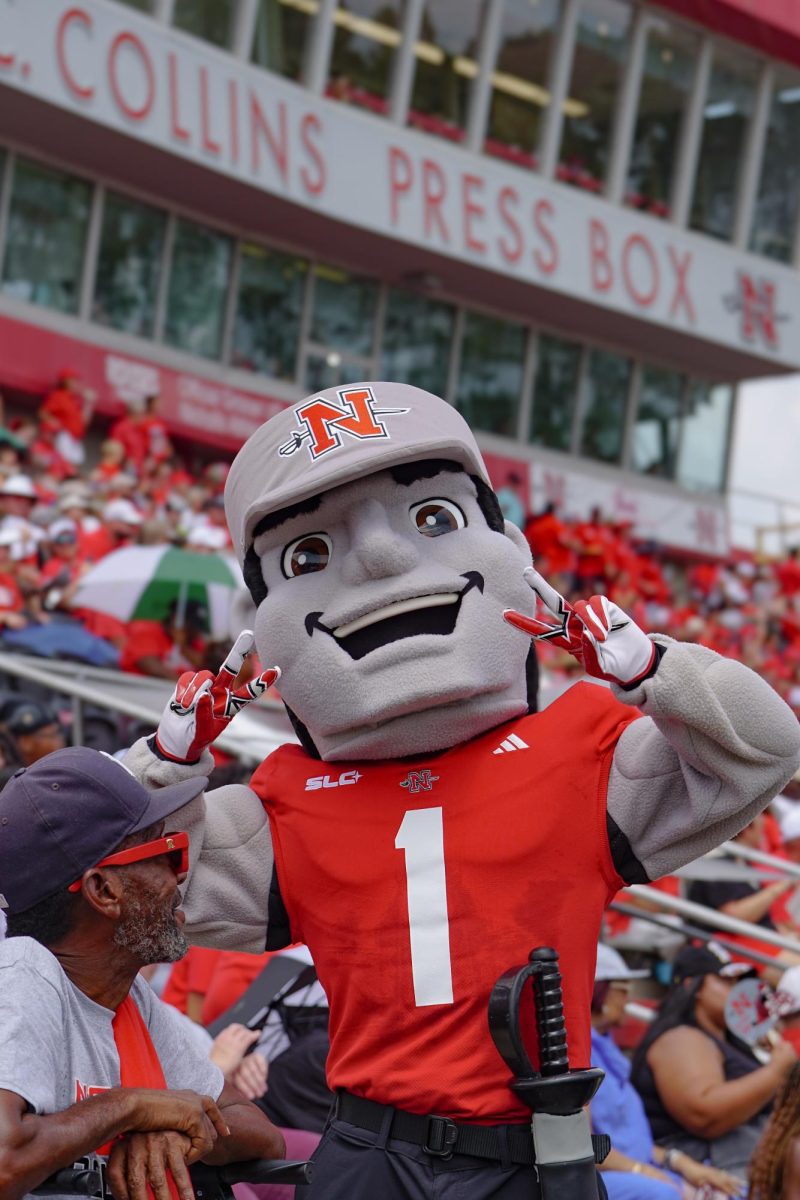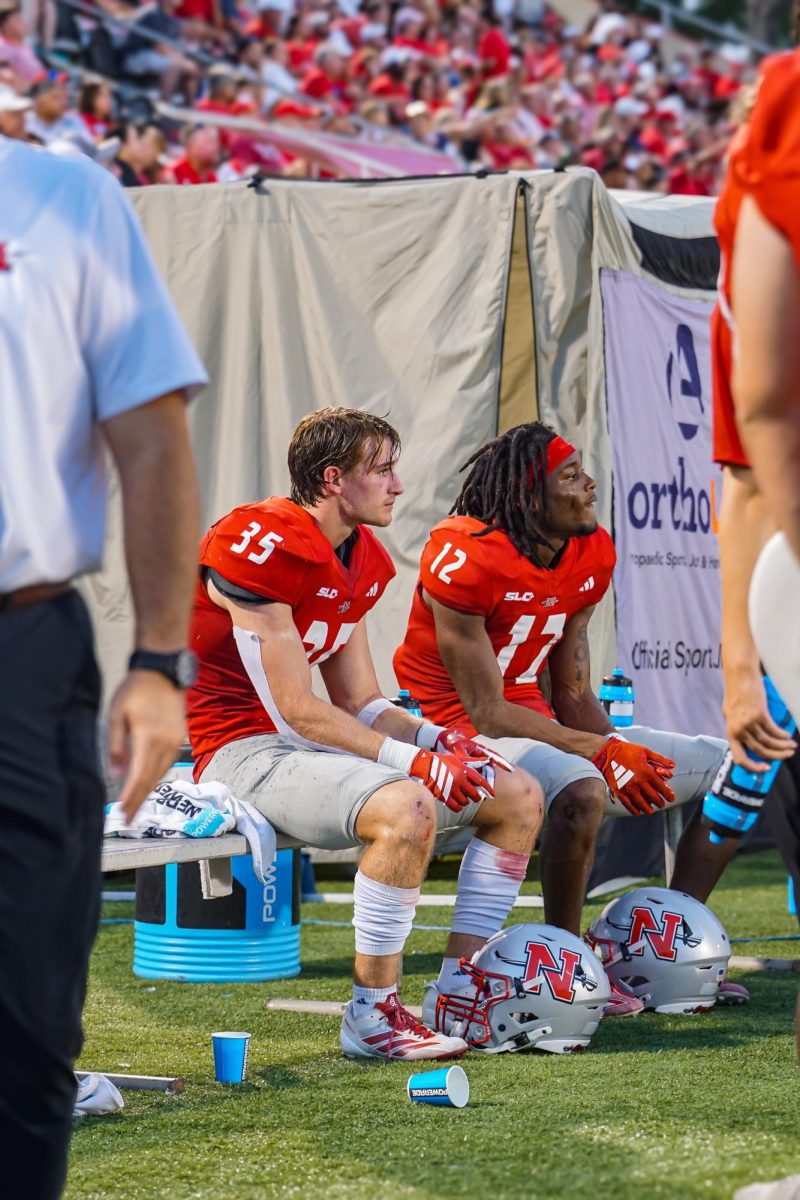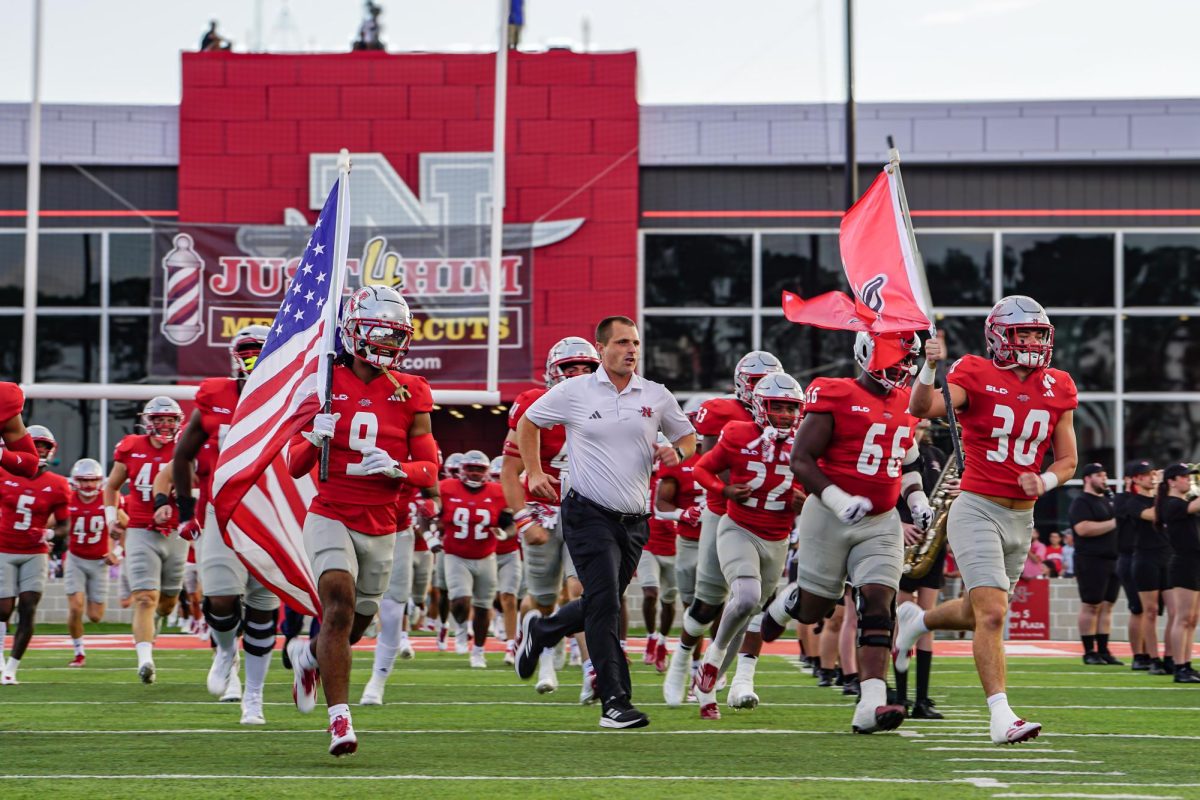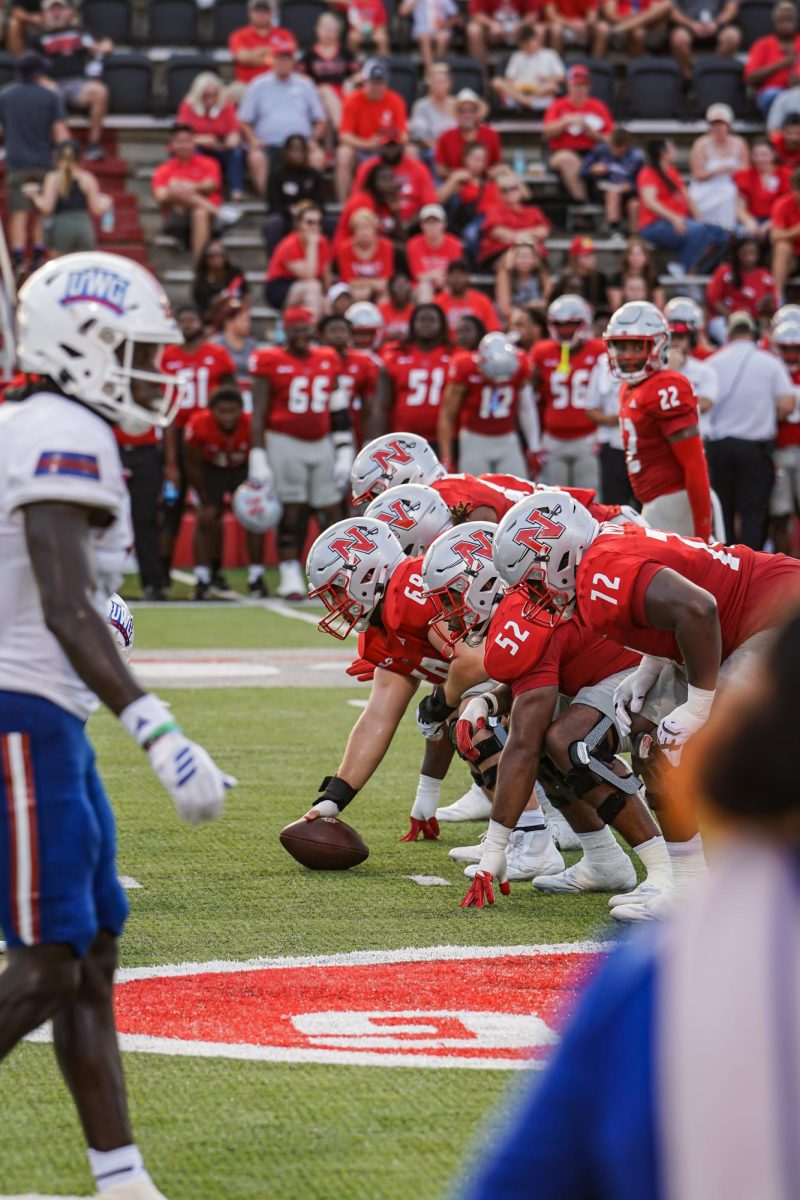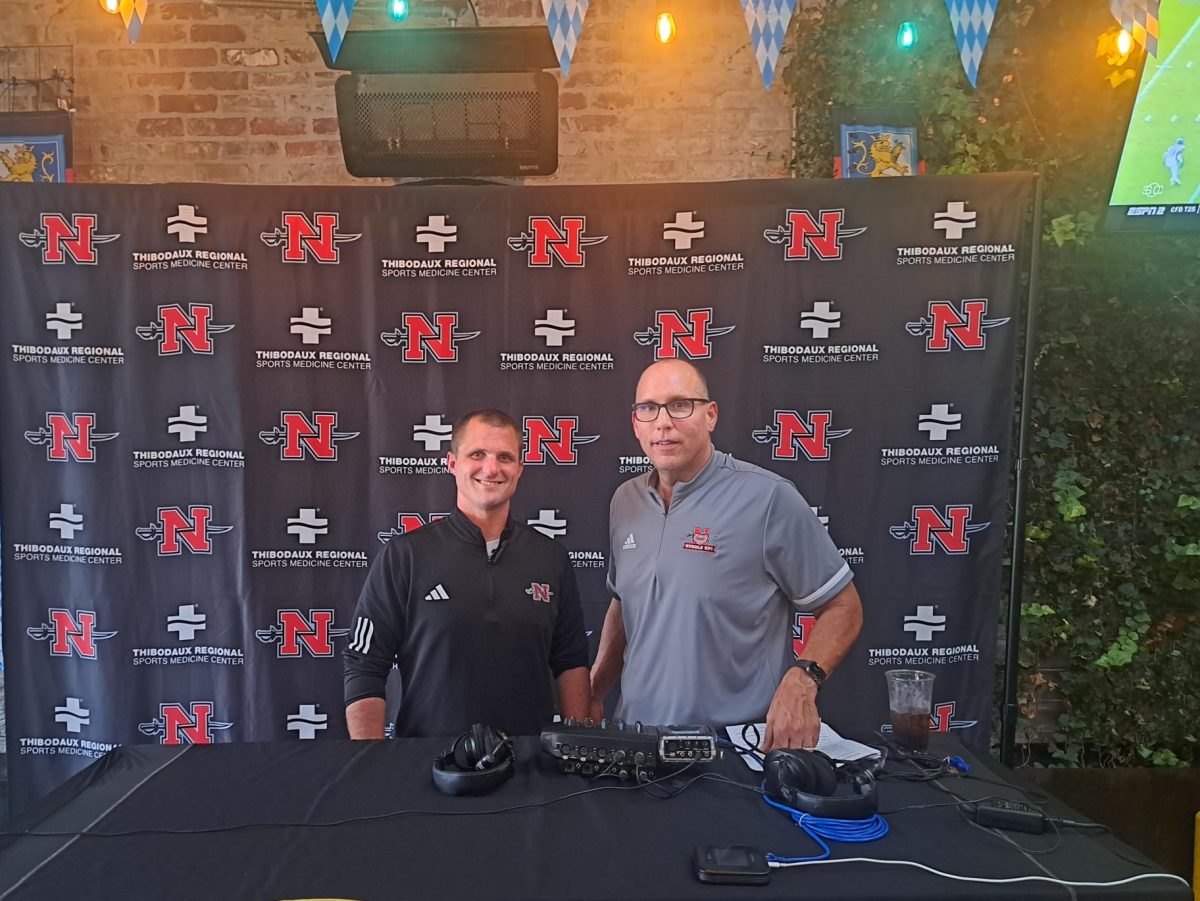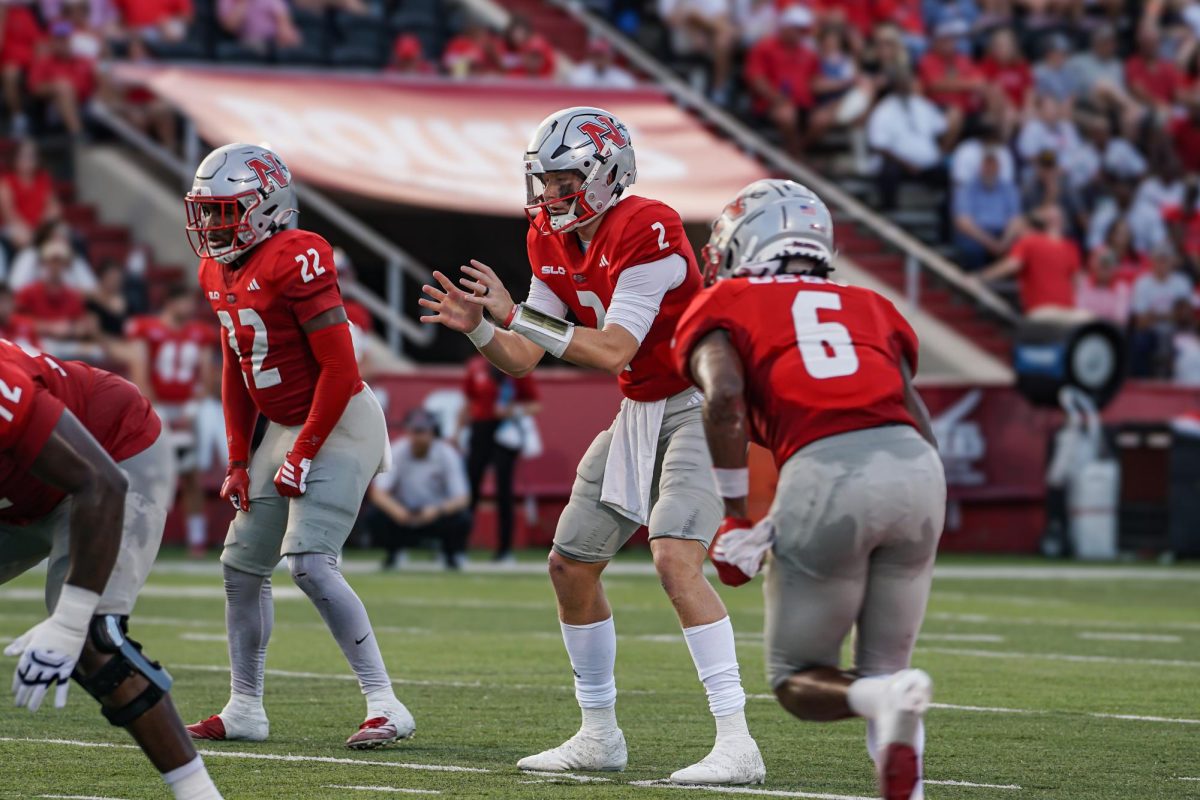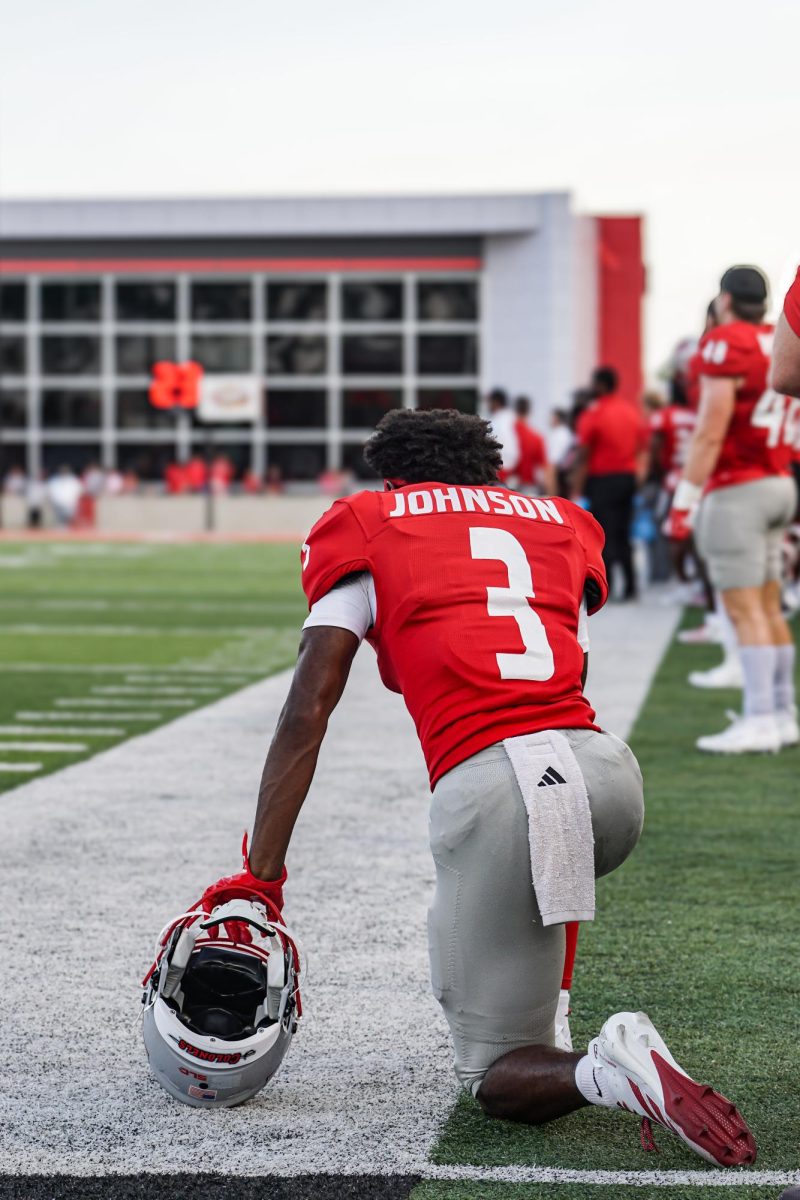March is National Athletic Training Month; for head athletic trainer Shaun Duhe, it’s simply a way to educate people on his profession.
Athletic trainers are mostly associated with helping to prevent injuries and treat athletes with injuries, but they are also employed by companies to administer services to industrial workers as well.
“It’s more of a form of making our profession known to the general population,” Duhe said. “There’s still a lot of people out there that don’t really know what we do, so it’s more about getting it (athletic training) out there and letting people know this is what we do, and this is the service that we provide to athletes.”
As for Nicholls, Duhe is the man who makes the decisions when it comes to treating athletes on campus. Duhe will have been at Nicholls two years in July. Before arriving in Thibodaux, Duhe was an athletic trainer at Austin Peay State University in Clarksville, Tenn., where he served for five years.
Duhe’s favorite thing about the job is the pleasure of helping people achieve their goals and watching the athletes do what they love.
“I enjoy helping people out, and I enjoy being with athletes that come in with an injury and seeing them work their way back to participation,” Duhe said.
Duhe didn’t always want to be an athletic trainer. In fact, it wasn’t until he went to college at Louisiana State University that he learned athletic training was a profession. There was not an athletic trainer at his high school at Lutcher High, so the idea of becoming an athletic trainer never occurred to him. Duhe loved that he could have a job that surrounded him with both things that he loved, sports and work in the medical field.
“In high school, I knew I wanted to do something in the medical field, and I was always about sports,” Duhe said.
His love for sports and therapy started when he was a young child, watching the Olympics on television. Duhe said they showed a special story on a person who was injured and showed how trainers worked with the person to get them back to competitive athletics.
After Duhe graduated from LSU, he went to graduate school in Cincinnati and then took the job as athletic trainer at APSU. Five years later, he received a phone call from the head athletic trainer at Nicholls at the time, Jeff Smith.
Duhe knew Smith from athletic training at LSU as Smith was a graduate student when Duhe was there. Smith asked him if he wanted to come closer to home, and Duhe became a Colonel. It’s a move both he and Nicholls are glad they made.


